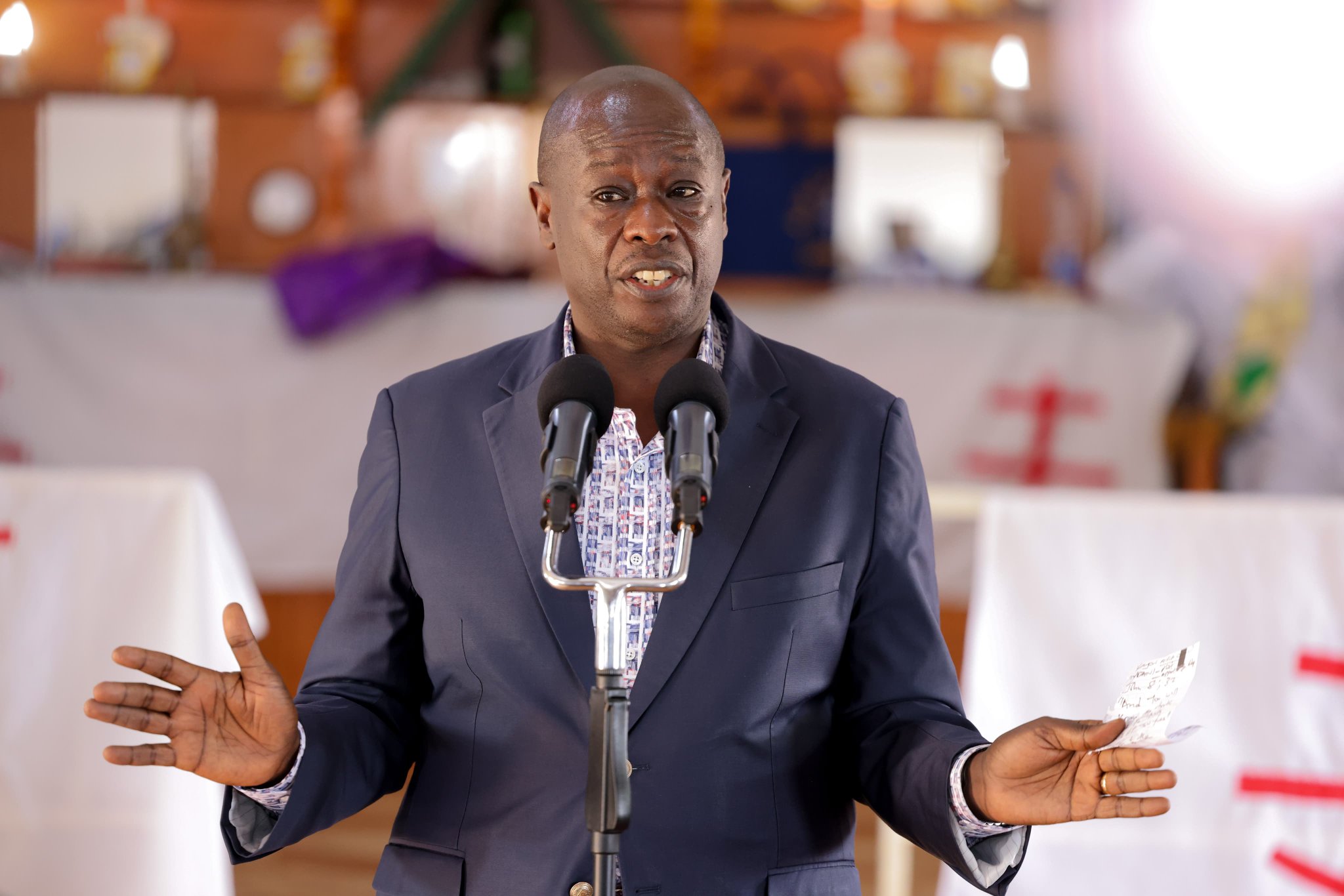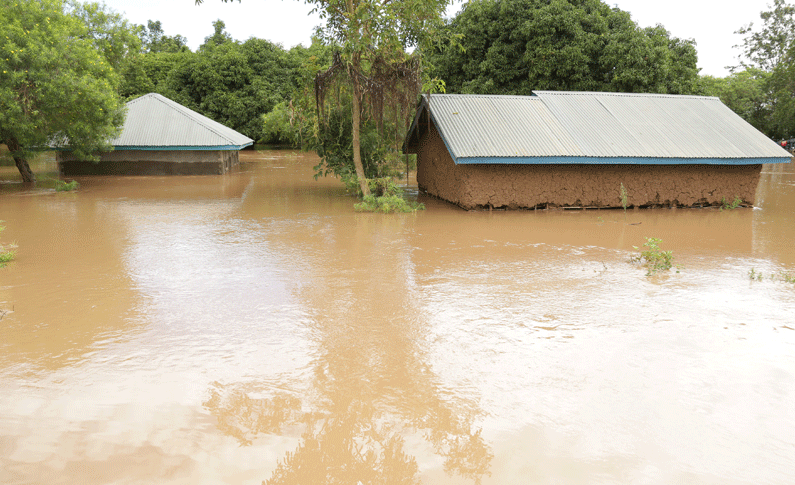China’s role in building a new Afghanistan could be “a positive thing”

The Americans have left Afghanistan after 20 years. The jury is still out whether this debacle was worth it, having ended the same way like previous occupations in Syria, Lebanon, Iraq, Somalia. Never mind that the U.S. seems to have a penchant for invading and occupying Muslim lands. But I digress!
As Afghanistan gradually starts returning to normalcy, the international community is looking towards its biggest neighbor, China, as one of the major players set to help in the stabilization and development of the battered country.
Foreign Ministry spokesperson Hua Chunying in a statement on Tuesday at the department’s daily press briefing said that his country is willing to take the gauntlet and lead Afghanistan to socio-economic prosperity. Indeed, China has previously hosted the Taliban for peace talks, which could have borne fruit as the hitherto militant group now taking a diplomatic persona.
While China does not want to engage in turf wars with the U.S. on who can best restore Afghanistan, the American has left a huge financial and human cost. Stated Hua: “I have noted that President Biden said the United States’ goal in Afghanistan is not to rebuild. That is, in fact, true. Because whether in Iraq, Syria or Afghanistan, we can see that wherever the U.S. military goes, turmoil, division, destruction are left behind. They leave a riddled mess. The strength and role of the United States is destruction, not construction.”
China’s contribution to building of a new Afghanistan is inevitable. During a visit to India at the end of July, U.S. Secretary of State Antony Blinken observed that China’s possible involvement in Afghanistan could be “a positive thing”. His comments followed news that nine Taliban representatives had visited Tianjin for talks with Chinese counterparts.
China had said it was confident that its visitor was crucial to the peace process and rebuilding of their country. This places China at the center of efforts to rebuild Afghanistan since it has the goodwill of the Taliban, the group now in power. On Tuesday Hua reiterated that it would pursue a policy of “non-interference” in Afghanistan’s internal affairs. Conversely, Hua noted that U.S. military intervention in other countries had borne misery in host countries.

The Chinese modus operandi in peace building is gaining credence globally. In a paper titled, “Chinese Pathways to Peacebuilding: From Historical Legacies to Contemporary Practices”, Xinyu Yuan of the Graduate Institute of International and Development Studies, Geneva observed that since the early 2000s, China has become increasingly active in conflict management and post-conflict reconstruction in several countries.
“Its engagement in post-conflict settings ranges from preventive diplomacy, conflict mediation, and development assistance to business-oriented economic construction,” notes Xinyu. Experts seem to be coalescing this emergence into a peacebuilding paradigm “with Chinese characteristics”, otherwise termed as “developmental peace” by Chinese scholars, as applied by China in war-torn societies.
Similarly, Afghanistan now needs mainly peace and economic development. The Taliban has already given its assurance that it will not engage in unnecessary military action, and no one has to be afraid of the future. The group’s main focus is diplomacy, reconstruction and the welfare of the country’s citizens.
Afghanistan needs China to fix its economy and infrastructure. As an immediate neighbor, there is a lot of synergy that the two partners can share. Afghanistan the advantage of close proximity which it should maximize in accessing goods and services. Afghanistan does not incur the transport costs that other Chinese trading partners around the world pay for. The Sino-Afghanistan Special Railway Transportation Project was launched in 2016 and was expected to reduce trading costs between the two countries by 30 percent.
China’s main exports to Afghanistan include textiles, electronic products and construction materials, while imports from its partner include marble, leather, wool, cashmere, saffron, dried fruit and pine seed. Afghanistan is also an important member of the Belt and Road Initiative, which will help it further in its opening up initiatives.
Ultimately, Afghanistan must be given the freedom to make its own decisions on the future of the country. The doomsday scenarios being predicted by the Western media are far-fetched, at least going by the peaceful transition currently underway.
No country has the prerogative of prescribing a system of governance for Afghanistan. Demonizing the Taliban will be counter-productive. It would be better to engage the group as the predominant political force in the country until such a time that the citizens of the country will demand otherwise, if they ever want a change of the status quo.
The writer is the Executive Director of South-South Dialogues, a Nairobi based research and development communication think tank.







